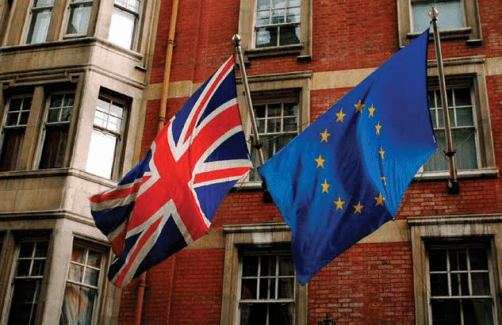
Brexit Health Alliance warns of UK at back of the medicine queue
pharmafile | January 29, 2018 | News story | Medical Communications, Sales and Marketing | biotech, brexit, drugs, pharma, pharmaceutical
The Brexit Health Alliance (BHA) has cautioned that unless a favourable deal is struck, the UK could end Brexit negotiations as a comparatively small patient population in a global market – putting the country to the back of the queue in bringing new medicines to its shores.
The warning was sounded as part of a report produced by the BHA looking into the potential impact of Brexit for newly developed medicines and medical devices. The report used the examples of Switzerland, Australia and Canada, as providing examples of countries that have struggled to attract new medicine applications prior to large markets, such as the US and the EU.
The BHA is composed of various associations, including NHS Confederation, NHS Providers, the Association of British Healthcare Industries and the ABPI. The report states that the BHA aims for the Brexit negotiation are centred on four areas (in abbreviated form):
- No negative impact on patients
- Patient safety and public health to be guaranteed post Brexit through aligning the UK as much as possible with the EU’s regulation of medicines and medical devices
- Pragmatic solutions allowing patients and the public to benefit from the UK’s participation in EU systems
- An implementation period beyond the two years of Article 50 negotiations
As can be seen, the primary theme is to ensure that the UK does not break too far from the EU connected system of approvals and regulation. The report details why, particularly drawing comparisons to other single market systems.
The report identifies, “Despite having a number of bilateral trade agreements with the EU, it is estimated that Switzerland gains access to new medicines on average 157 days later than the EU. In Australia and Canada new medicines come to market on average 6–12 months later than in the EU or USA. The EMA currently represents 25% of the global pharmaceutical sales market, compared to the UK’s 3% share.”
The report estimates that the average lag of submissions to the UK could be between two and three months, and that a small portion (5-15%) of submissions may occur more than a year after submissions to the EU.
It also stresses that some products may never actually reach the UK, citing the fact that some products are simply not brought to smaller patient populations, such as in the example countries of Switzerland, Canada and Australia.
Ben Hargreaves
Related Content

FDA approves IMIDEX’s AI-powered device VisiRad XR
The technological pharmaceutical company IMIDEX has been granted clearance from the US Food and Drug …

Artiva Biotherapeutics announces FDA clearance of IND for AlloNK and Rituximab combo
On 16 August 2023, the US Food and Drug Administration (FDA) officially cleared Artiva Biotherapeutics’ …

Zumutor’s cancer drug trial cleared by FDA
On 11 August 2023, the biopharmaceutical company Zumutor Biologics announced that the trial of its …








